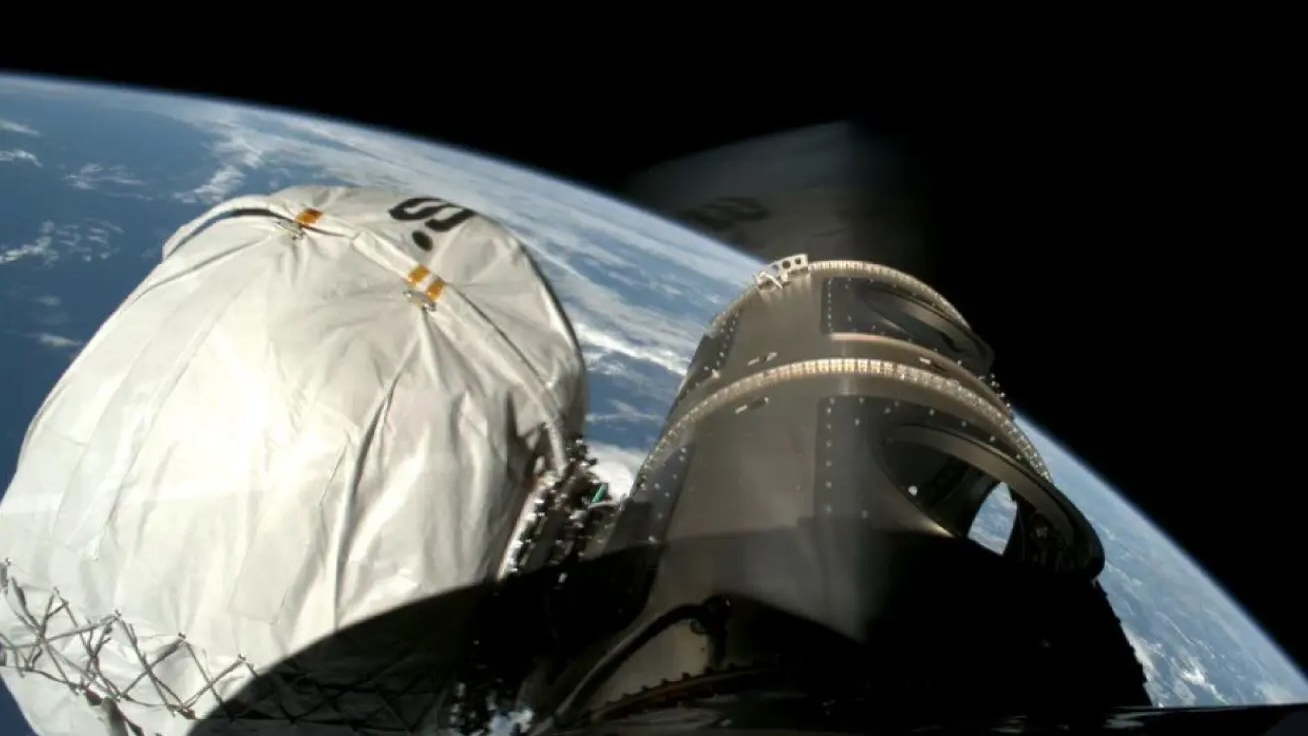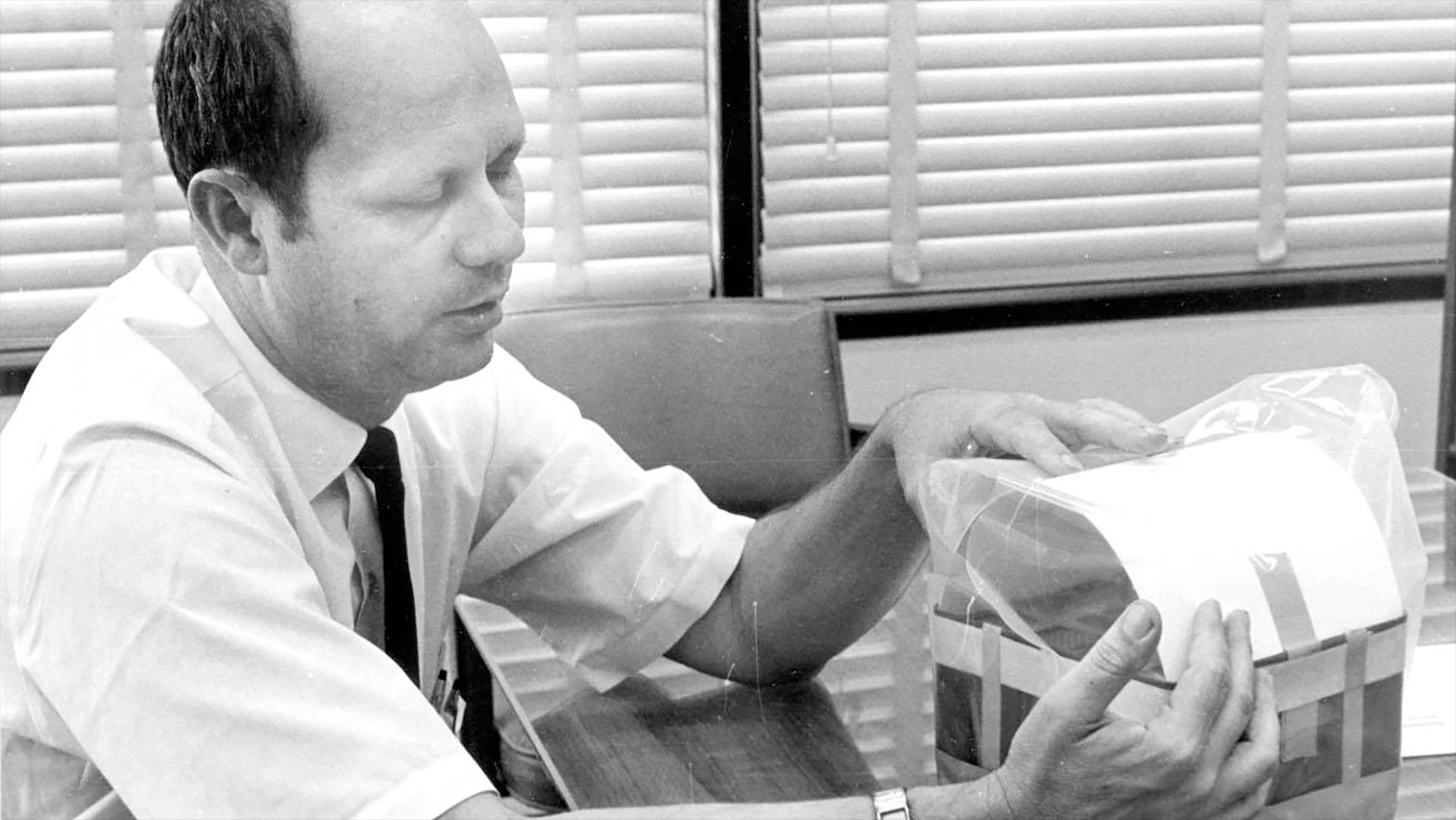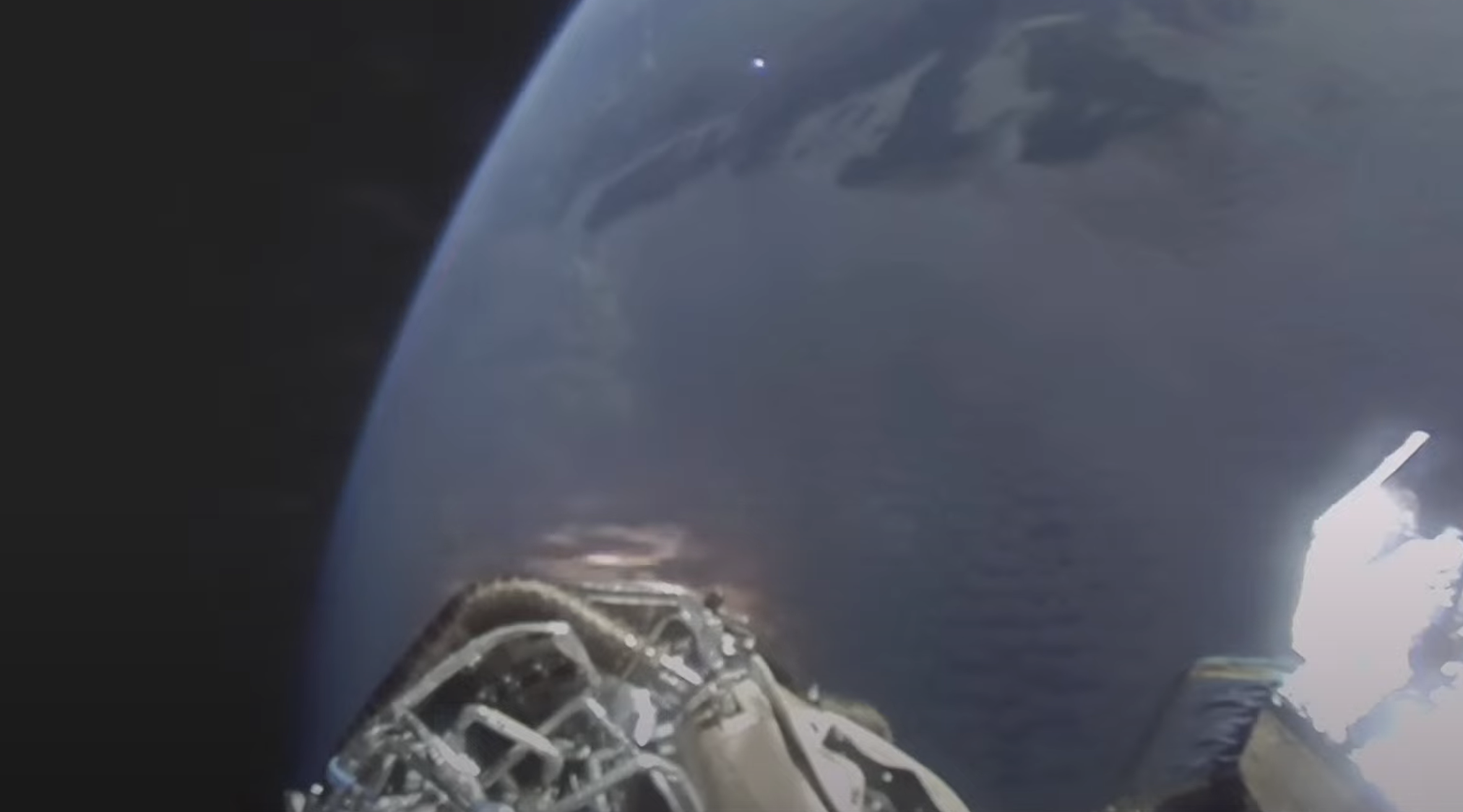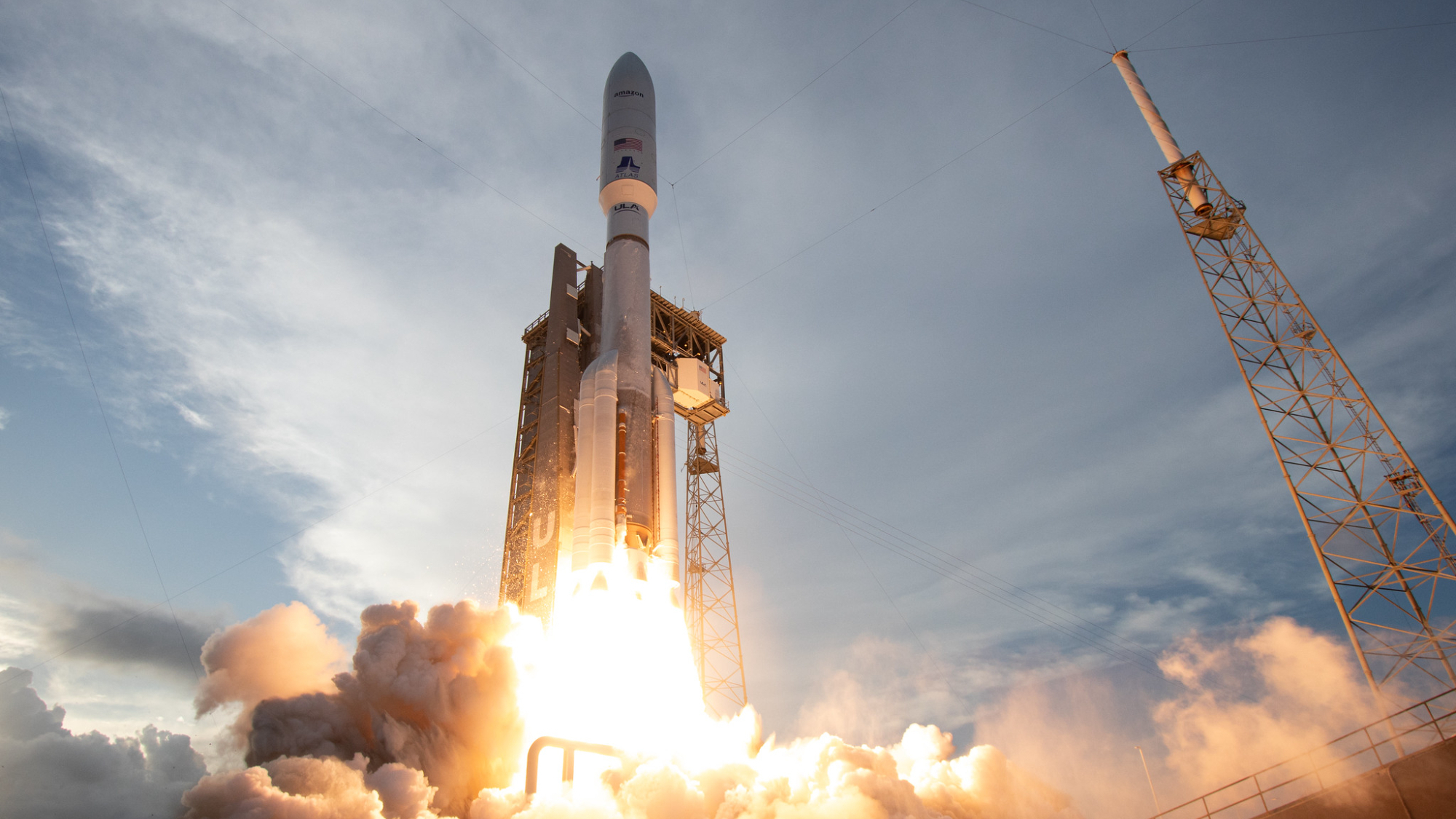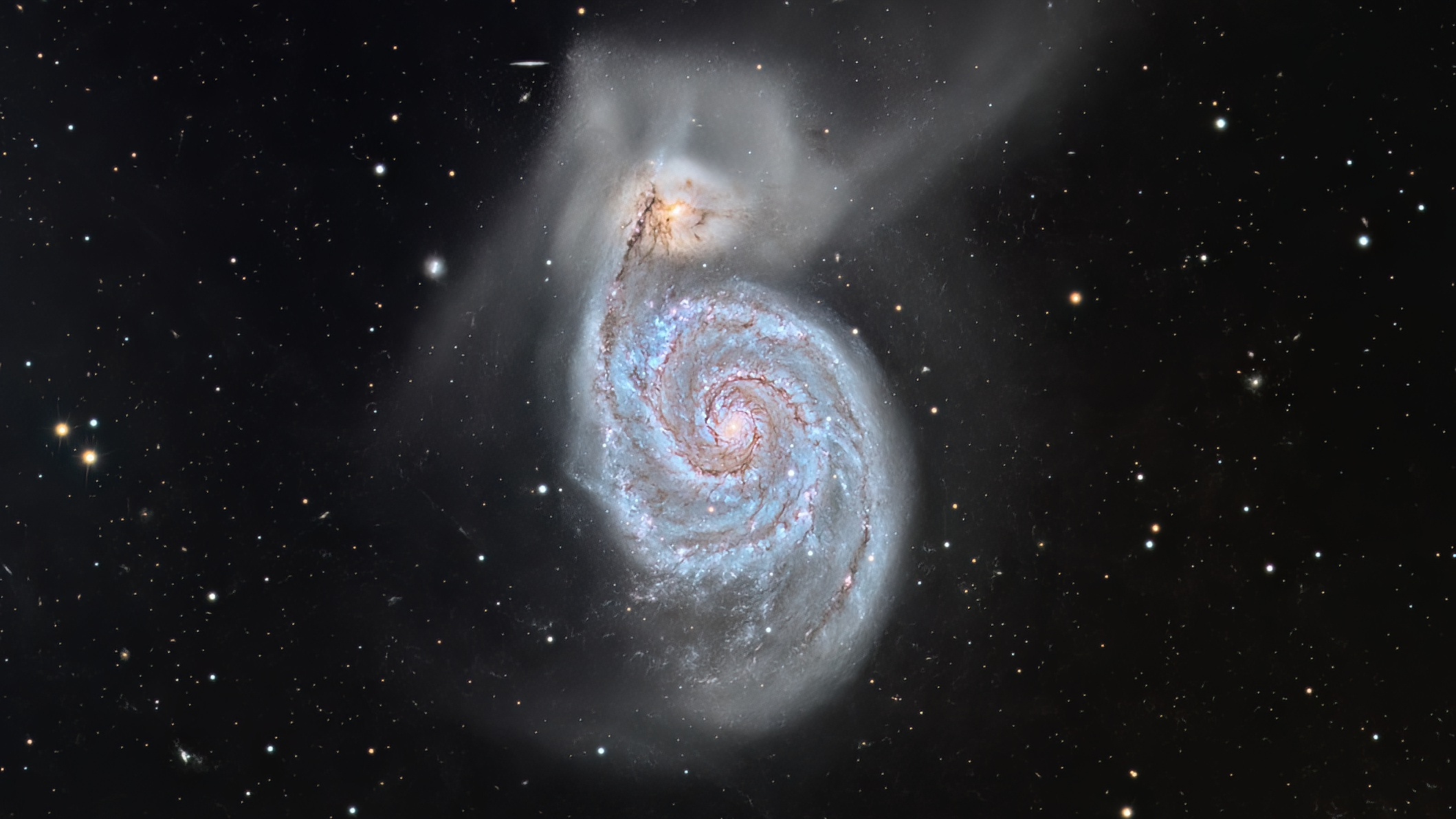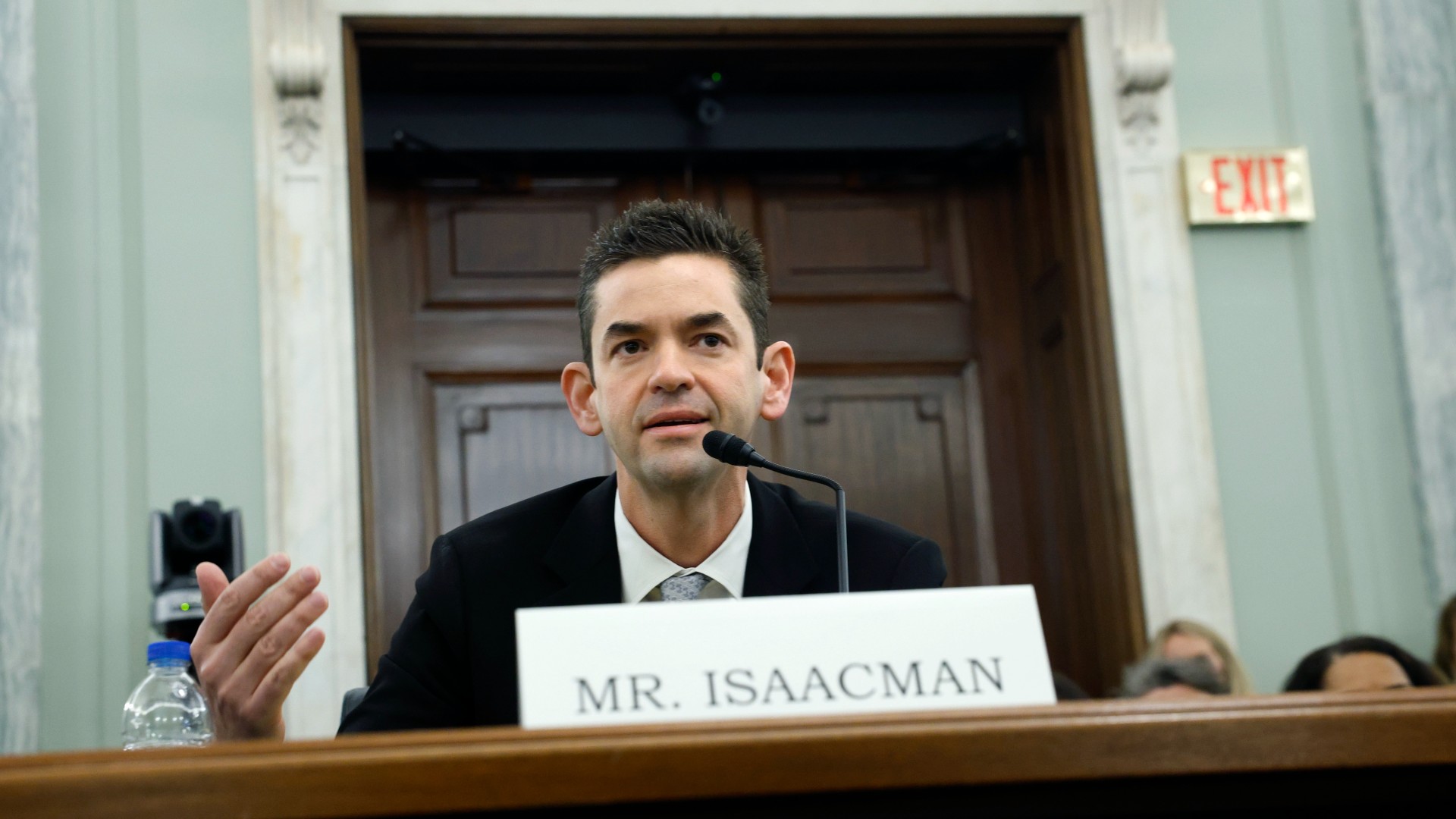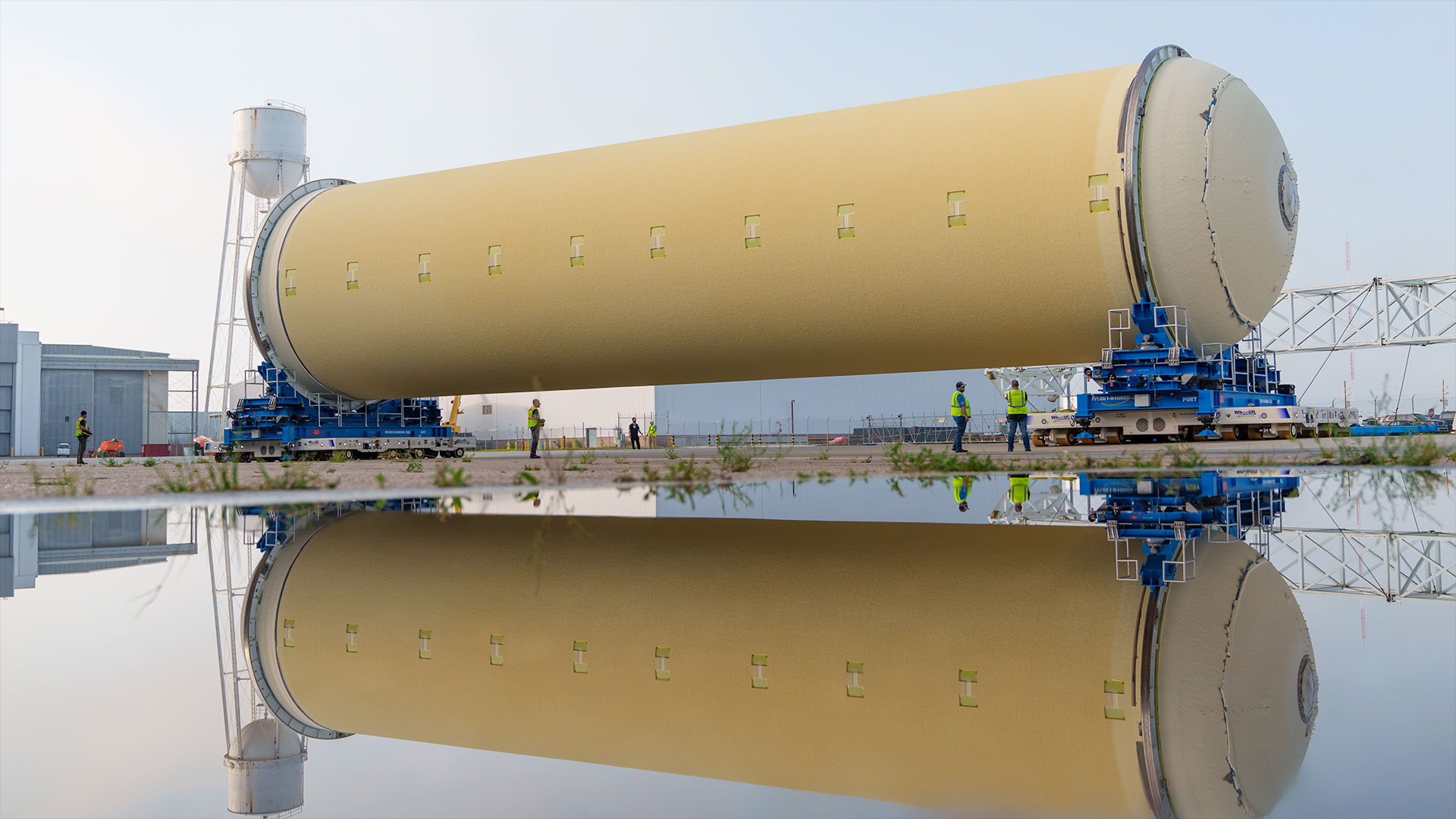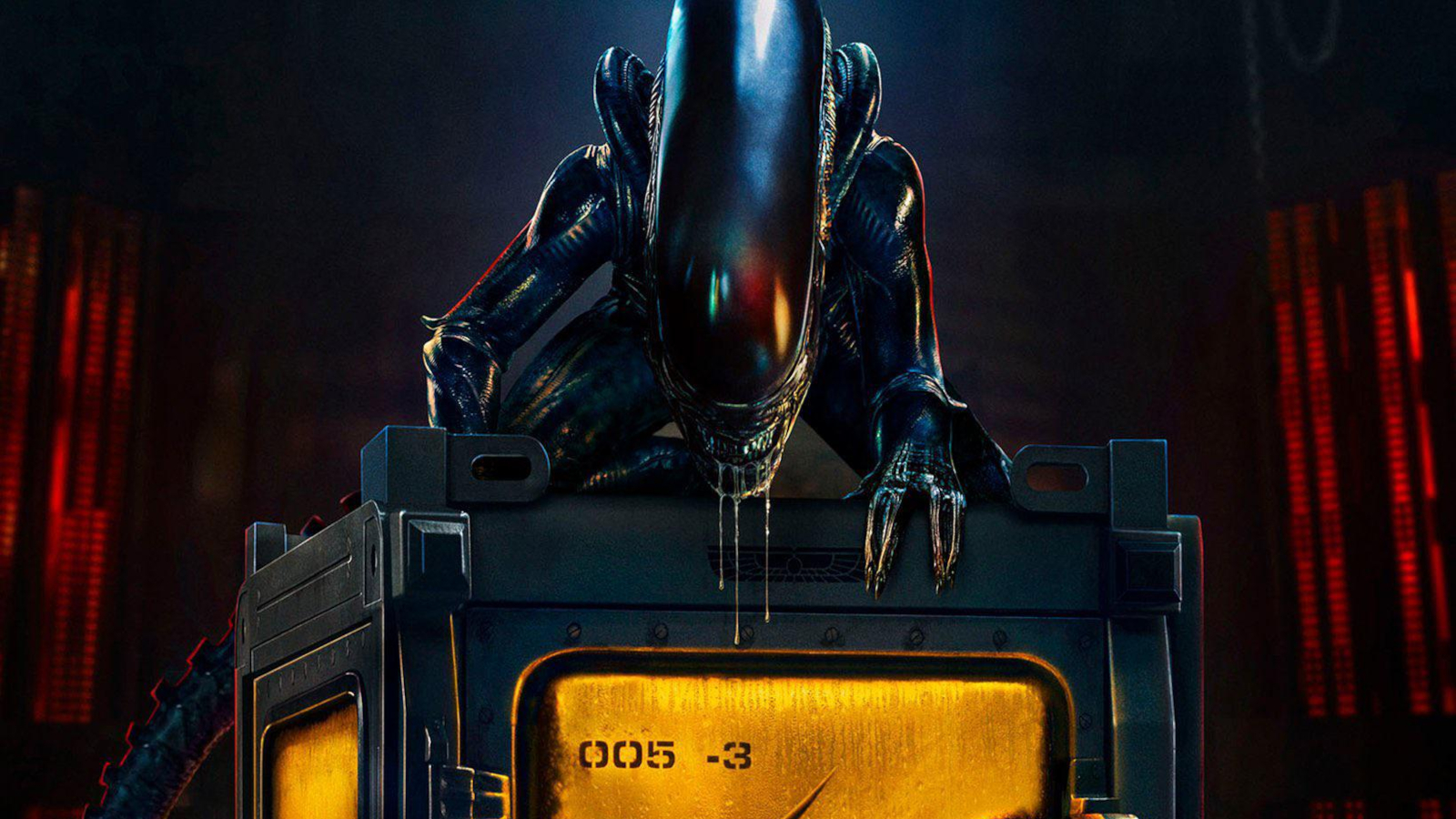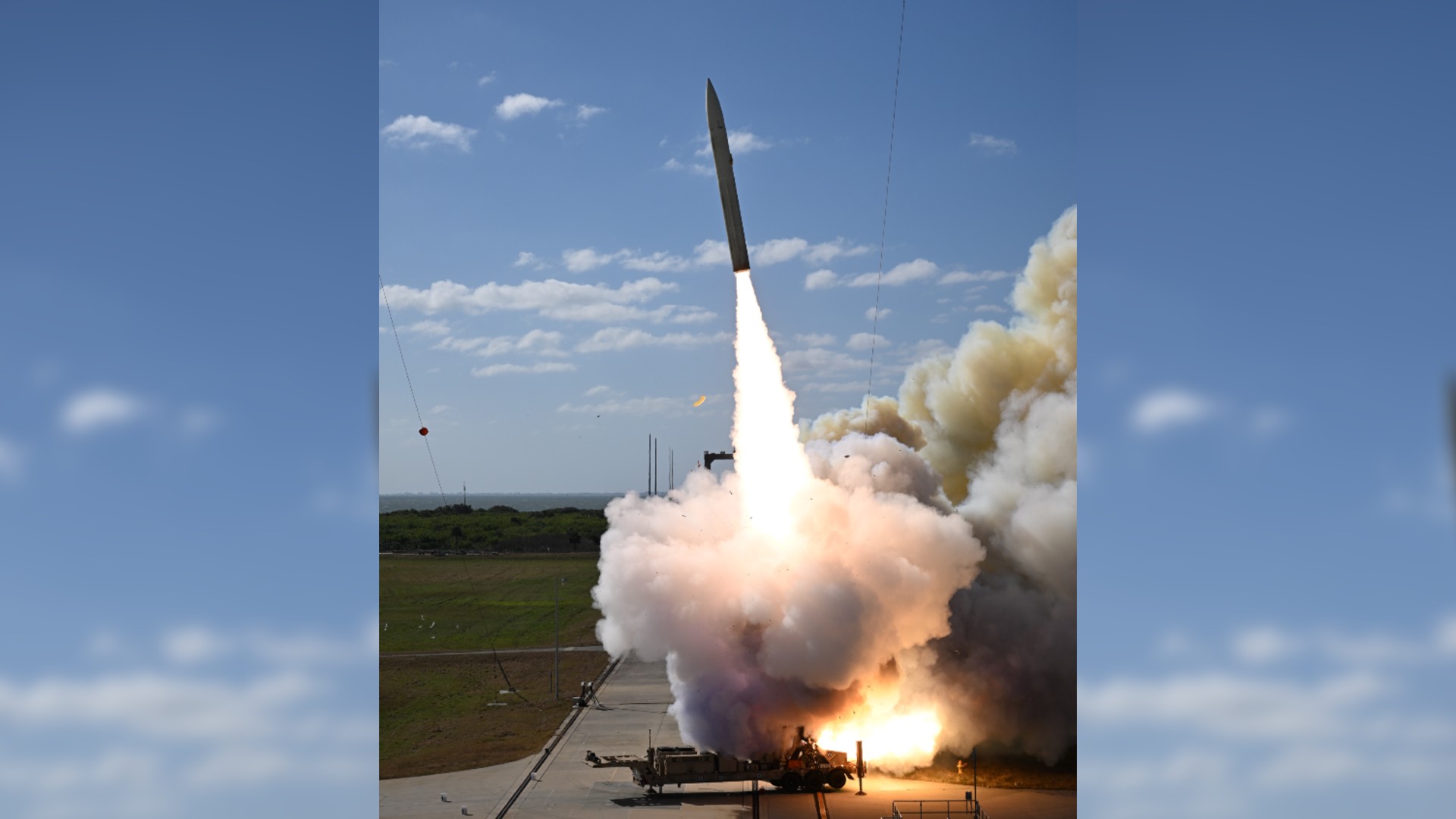NASA 2020 Budget Proposal Targets SLS Megarocket
WASHINGTON — The White House's fiscal year 2020 budget request for NASA proposes to delay work on an upgraded version of the Space Launch System and would transfer some of that vehicle's payloads to other rockets.
The proposal, released by the Office of Management and Budget March 11, offers a total of $21 billion for the space agency, a decrease of $500 million over what Congress appropriated in the final fiscal year 2019 spending bill signed into law Feb. 15.
A major element of the proposal is to defer work on the Block 1B version of the SLS, which would increase the rocket's performance by replacing its existing Interim Cryogenic Propulsion Stage with the more powerful Exploration Upper Stage. The budget "instead focuses the program on the completion of the initial version of the SLS and supporting a reliable SLS and Orion annual flight cadence," the OMB budget stated. The first SLS/Orion mission, without a crew, is now planned for the "early 2020s," according to the budget, an apparent slip from the planned 2020 launch of Exploration Mission 1.
Photos: NASA's Space Launch System for Deep Space Flights
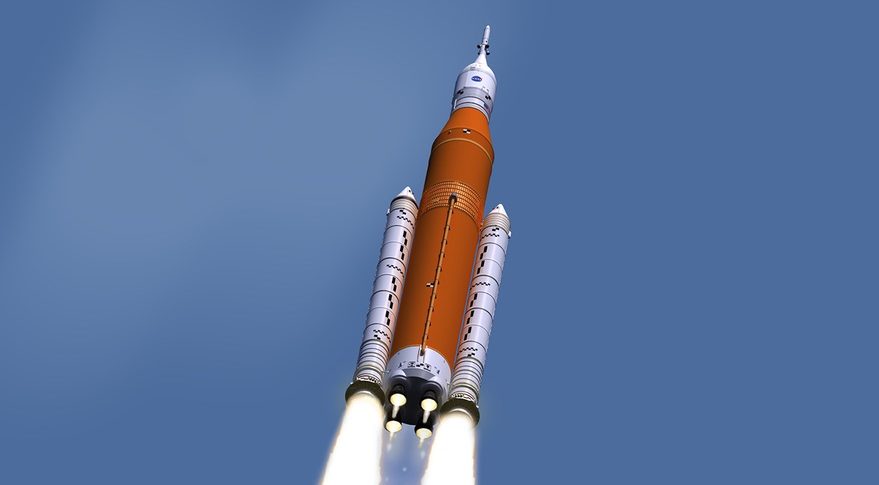
NASA had previously planned to use the Block 1B version of SLS to launch elements of its lunar Gateway, using a "co-manifesting" capability enabled by the rocket’s greater performance. Instead, according to the budget document, those components will be launched on "competitively procured vehicles, complementing crew transport flights on the SLS and Orion."
"This approach would accelerate commercial lunar delivery capabilities critical to U.S. exploration objectives and speed up the timeline for lunar surface exploration," the budget document stated.
The budget proposal would also remove one non-exploration payload from the SLS manifest. The proposal offers $600 million for the Europa Clipper mission, enabling a launch in 2023. However, NASA would instead seek to launch the mission on a commercial launch vehicle rather than SLS, a move it claims "would save over $700 million, allowing multiple new activities to be funded across the Agency." The fiscal year 2019 budget request also proposed a commercial launch of Europa Clipper, but Congress placed into law in the final funding bill the requirement to use SLS for that mission.
Get the Space.com Newsletter
Breaking space news, the latest updates on rocket launches, skywatching events and more!
Related: NASA's Moon-Orbiting Gateway: Here's What You Should Know
The budget proposal includes another effort to cancel other agency programs. The budget proposal seeks no funding for the Wide-Field Infrared Survey Telescope (WFIRST), the next flagship astronomy mission after the James Webb Space Telescope. That mission was also proposed for cancellation in the 2019 budget proposal but funded by Congress.
The budget requests to end funding for the Office of STEM Engagement, the new name of the Office of Education. The White House sought to close NASA’s education office in the 2018 and 2019 budget requests, and both times faced strong bipartisan criticism of the move. The proposal seeks to cancel two unnamed Earth science missions, again paralleling proposals in the 2018 and 2019 budget requests ultimately rejected by Congress.
The budget does include some new initiatives. One seeks $363 million to start development of large lunar landers that would deliver cargo, and ultimately crews, to the surface of the moon. NASA recently requested proposals for studies from industry on the development of such landers.
The proposal makes no reference to ending direct federal funding of the International Space Station, as proposed in the 2019 request. “By 2025, the Budget envisions commercial capabilities on the International Space Station as well as new commercial facilities and platforms to continue the American presence in Earth orbit,” the document states. The proposal does include funding for a new Communications Services Program that would purchase commercial communications services to return data from NASA science missions.
This story was provided by SpaceNews, dedicated to covering all aspects of the space industry.
Join our Space Forums to keep talking space on the latest missions, night sky and more! And if you have a news tip, correction or comment, let us know at: community@space.com.

Jeff Foust is a Senior Staff Writer at SpaceNews, a space industry news magazine and website, where he writes about space policy, commercial spaceflight and other aerospace industry topics. Jeff has a Ph.D. in planetary sciences from the Massachusetts Institute of Technology and earned a bachelor's degree in geophysics and planetary science from the California Institute of Technology. You can see Jeff's latest projects by following him on Twitter.

